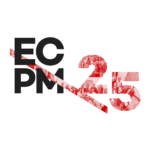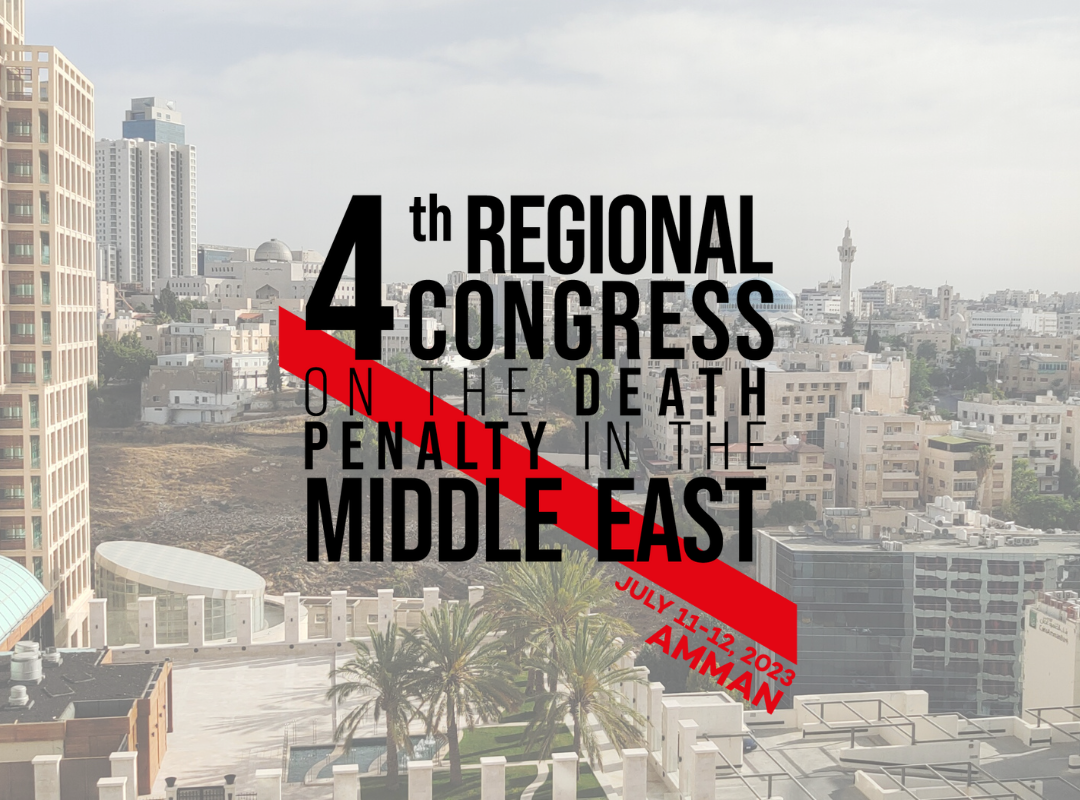
Why was Amman chosen for the 4th Regional Congress?
The Middle East was a natural choice for ECPM after a Regional Congress in North Africa (Rabat, 2012), Asia (Kuala Lumpur, 2018) and Sub-Saharan Africa (Abidjan, 2018). Our NGO is carefully observing the contrasts in the Middle East, some situations are rather encouraging, notably in Lebanon, where there has been a moratorium for almost 10 years, or in Jordan, where executions have been suspended for over 5 years and abolitionist advocacy continues to unite. Some countries do not make much use of the death penalty, others represent a huge challenge, such as Iran and Saudi Arabia where the death penalty is used on a massive scale and where the judicial system lacks any independence whatsoever. ECPM plans to strengthen its action in the region, hence the importance of this Congress in Amman, organized hand in hand with the local civil society, including our partners Penal Reform International and Adaleh Center for Human Rights Studies.
What will be the highlights of the event?
This Congress is a major first in the region, where the subject is particularly sensitive and taboo. We are expecting around 200 participants from 15 countries in the region for this Congress, which will bring together civil society, including lawyers, judges, researchers, students, witnesses, human rights defenders, institutional representatives, associations and journalists. The Congress is also aimed at young people, whom we are inviting and who are represented on the scientific committee by two committed young women, one of whom took part in the “Abolition Now Tour” international youth mobilization campaign set up by ECPM at last year’s World Congress in Berlin. The academic program will provide a forum for reflection on the situation of the death penalty in the various countries of the region, focusing in particular on strategies for moving towards positive change, raising public awareness, and the role of the judicial system, lawyers and the media.
What are ECPM’s objectives for this Regional Congress?
Our main goal is to sow the seeds of reflection on the death penalty in a region with very difficult contexts. This congress is an invitation to reflect in a collective and inclusive way on strategies and ideas for progress in the Middle East, by offering opportunities for dialogue and strengthening the regional abolitionist network. In the medium and long term, ECPM’s goals are to monitor and continue supporting local initiatives aiming at encouraging the abolition of the death penalty and more broadly improving the justice system in the region.


